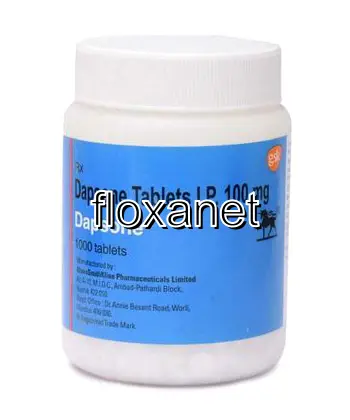Buy Dapsone (Diaminodiphenyl Sulfone) Online in Australia
| Package | Dosage | Price | Price per Dose | |
|---|---|---|---|---|
| Dosage: 100mg | ||||
| 1000 pill | 100mg | AUD126.20 | AUD0.12 | |

Dapsone Description
Overview of Dapsone
Dapsone is an antibiotic commonly used in the treatment of various skin conditions and bacterial infections. It belongs to a class of medications known as sulfone antibiotics. Originally developed in the 1940s, Dapsone has been a vital medication in managing certain dermatological and infectious diseases. Its effectiveness mainly comes from its ability to inhibit bacterial growth by blocking the synthesis of folic acid, which is essential for bacteria to survive and multiply.
Medical Uses and Benefits
Dapsone is primarily prescribed for conditions such as dermatitis herpetiformis, a chronic blistering skin disorder often associated with gluten sensitivity. It is also effective in treating leprosy, providing a key role in multidrug therapy for this disease. Furthermore, Dapsone has been used in managing pneumocystis pneumonia in immunocompromised patients, especially those with HIV/AIDS. Its rapid action and notable efficacy have made it a valuable option for these conditions.
How Dapsone Works
The medication works by disrupting the production of folic acid in bacteria. Since humans obtain folic acid from their diet, Dapsone selectively targets bacteria and certain parasites without significantly affecting human cells. However, this mechanism also makes Dapsone effective against specific parasitic infections. Its ability to penetrate deep into the skin tissues makes it particularly useful for dermatologic conditions.
Possible Side Effects and Precautions
While Dapsone can be highly effective, it also carries potential side effects. Common adverse reactions include nausea, headaches, and rash. More serious but less frequent side effects involve hemolytic anemia, especially in individuals with a deficiency of glucose-6-phosphate dehydrogenase (G6PD). Patients on Dapsone need regular blood monitoring to detect early signs of anemia or other blood dyscrasias. Allergic reactions, such as fever, swollen lymph nodes, or skin rashes, should be reported immediately to a healthcare professional.
Usage and Dosage
Proper dosing of Dapsone varies based on the condition being treated and the patient's overall health. It is usually taken orally once or twice daily, with dosage adjustments made by a healthcare provider depending on response and side effects. Patients are advised to follow their healthcare provider's instructions carefully and not to exceed prescribed doses. Taking the medication with food can help reduce gastrointestinal discomfort.
Drug Interactions and Safety
Dapsone can interact with other medications, such as rifampin, when used together, potentially affecting their effectiveness. Combining Dapsone with other drugs that cause blood dyscrasias can increase the risk of adverse effects. Patients should inform their healthcare provider about all medications and supplements they are taking. People with liver disease or anemia should use Dapsone cautiously and under strict medical supervision.
Storage and Handling
To maintain the medication's effectiveness, Dapsone should be stored in a cool, dry place away from direct sunlight. Keep the medication out of reach of children. Do not use it past its expiration date, and discard any unused medication safely. Adherence to storage instructions ensures maximum potency and safety for the user.